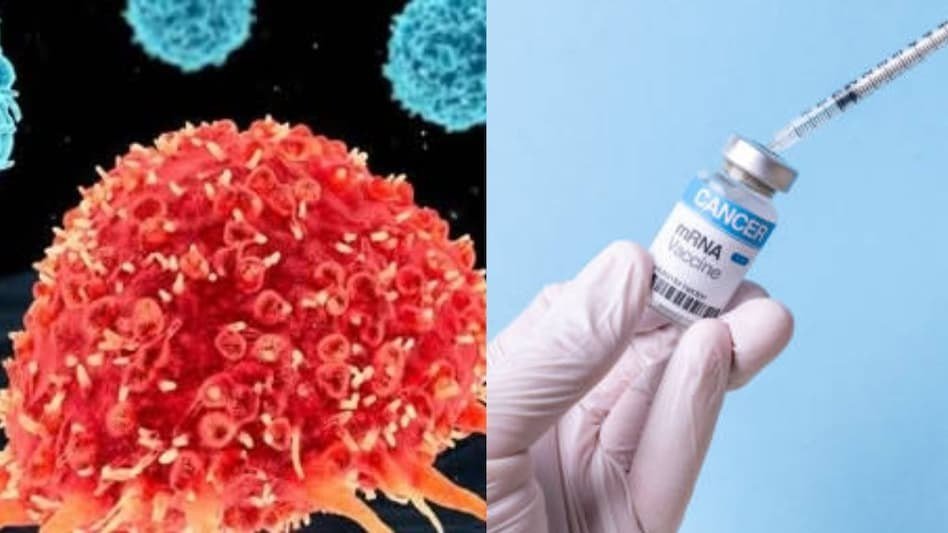Russia has unveiled a significant advancement in cancer therapy with the introduction of an mRNA-based vaccine aimed at treating cancer patients. According to state-run media reports, this groundbreaking vaccine, scheduled for release in early 2025, will be provided at no charge to Russian citizens.
The individualized vaccine, which utilizes genetic material taken from a patient’s tumor, will be priced at around 300,000 rubles (USD 2,869) for each dose. The declaration was issued by Andrey Kaprin, director of the Radiology Medical Research Centre under the Ministry of Health. “This vaccine is intended to treat cancer patients instead of preventing tumor development,” Kaprin remarked.
Alexander Gintsburg, head of the Gamaleya National Research Centre for Epidemiology and Microbiology, explained the intricate procedure required f
The vaccine employs elements from the patient’s tumor to educate the immune system to recognize and destroy cancer cells. It assists the body in identifying distinct proteins, referred to as antigens, located on the surface of cancer cells. After being introduced, these antigens trigger the immune system to generate antibodies, allowing it to effectively target and eliminate cancer cells.
The vaccine employs elements from the patient’s tumor to educate the immune system to recognize and destroy cancer cells. It assists the body in identifying distinct proteins, referred to as antigens, located on the surface of cancer cells. After being introduced, these antigens trigger the immune system to generate antibodies, allowing it to effectively target and eliminate cancer cells.
The incidence of cancer in Russia has been increasing consistently, with more than 635,000 new cases documented in 2022. Colon, breast, and lung cancers rank among the most frequently diagnosed types in the nation.
The new vaccine reflects comparable initiatives in Western countries aimed at developing personalized cancer therapies. In the United States, scientists from the University of Florida have recently experimented with a personalized vaccine on patients suffering from glioblastoma, an aggressive type of brain cancer. The vaccine demonstrated encouraging outcomes, eliciting a strong immune reaction within two days post-injection.













